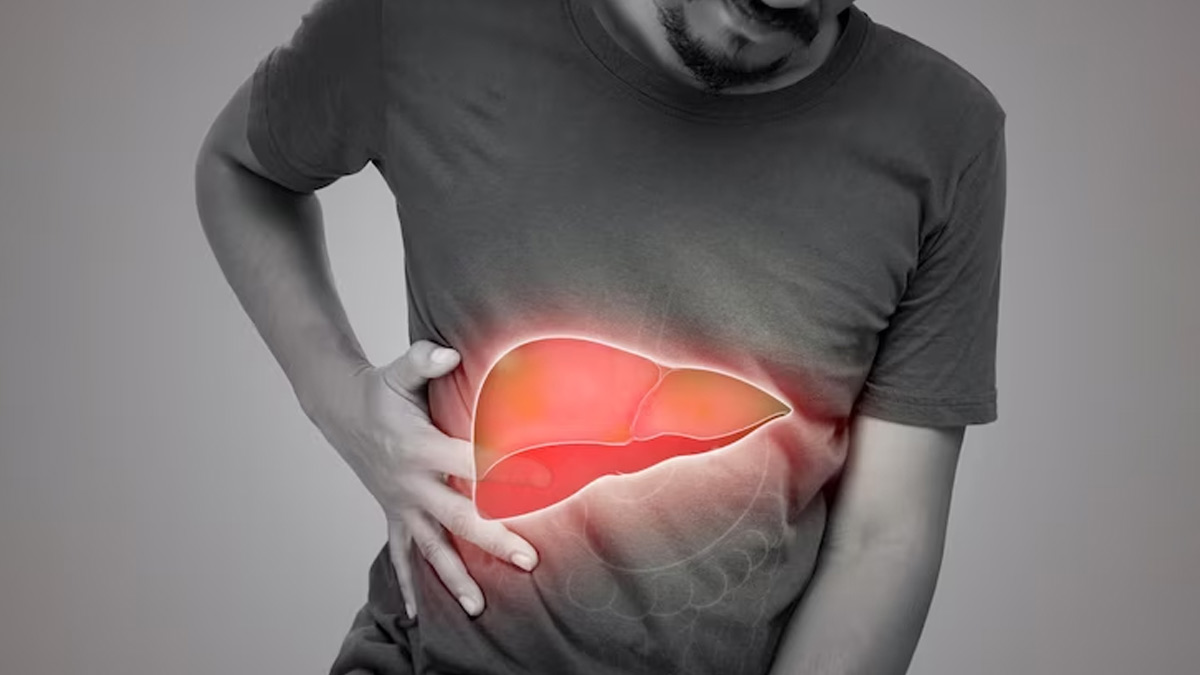
Polycystic Kidney Disease (PKD) is a genetic disorder characterised by the growth of fluid-filled cysts in the kidneys, leading to impaired kidney function over time. While medical management is crucial, emerging research suggests that dietary interventions, such as the ketogenic diet, may offer additional support in managing PKD.
Table of Content:-
What Is Polycystic Kidney Disease

PKD poses challenges to kidney function due to the formation of cysts, which can enlarge and compromise the normal structure of the kidneys, according to the National Institute of Diabetes and Digestive and Kidney Disease. Managing PKD involves addressing symptoms, slowing cyst growth, and preserving kidney function.
A recent clinical trial published in Cell Reports Medicine showed how a ketogenic diet is an effective intervention to address polycystic kidney disease.
Also Read: Feeling Low On A Keto Diet? Here’s How You Can Stay Energetic
Ketogenic Diet For Polycystic Kidney Disease

A ketogenic diet involves consuming low amounts of carbohydrates, moderate protein, and a level of high fat. The study conducted by researchers from Weimbs Lab and Germany showed how this shift in macronutrient ratios induces a state of ketosis, where the body relies on ketones for energy instead of glucose. This metabolic state has shown promise in various health conditions, including those affecting the kidneys. Here’s how:
Mitigating Inflammation
Chronic inflammation is often associated with PKD and can contribute to disease progression. The keto diet has been recognised for its anti-inflammatory effects, potentially providing relief to individuals with PKD by reducing inflammation within the kidneys.
Blood Sugar Regulation
According to a study published in the journal Nutrition & Diabetes, a keto diet helps stabilise blood sugar levels by minimising carbohydrate intake. This can be beneficial for individuals with PKD, as blood sugar fluctuations may exacerbate kidney damage. Stable blood sugar levels support overall metabolic health and may contribute to better kidney function.
Promoting Weight Management
Maintaining a healthy weight is crucial for individuals with PKD. The ketogenic diet is effective for weight loss and management shared by Harvard TH Chan School Of Public Health, which can alleviate the burden on the kidneys and potentially slow the progression of PKD.
Reducing Oxidative Stress
Oxidative stress is implicated in PKD progression. The ketogenic diet's antioxidant properties may help reduce oxidative stress within the kidneys, providing a protective effect against further damage.
Also Read: From Headaches To Kidney Damage, Expert Lists 6 Adverse Effects Of Consuming Too Much Salt
While a ketogenic diet shows promise in supporting individuals with Polycystic Kidney Disease, it is not a one-size-fits-all solution. Collaborating with healthcare professionals to tailor dietary strategies and closely monitor kidney function is imperative. The potential benefits of a ketogenic diet, including inflammation reduction, blood sugar stabilisation, and weight management, underscore the evolving role of dietary interventions in comprehensive PKD management. As research in this field advances, the ketogenic diet may emerge as a valuable tool in promoting kidney health alongside traditional medical approaches.
Also watch this video
How we keep this article up to date:
We work with experts and keep a close eye on the latest in health and wellness. Whenever there is a new research or helpful information, we update our articles with accurate and useful advice.
Current Version